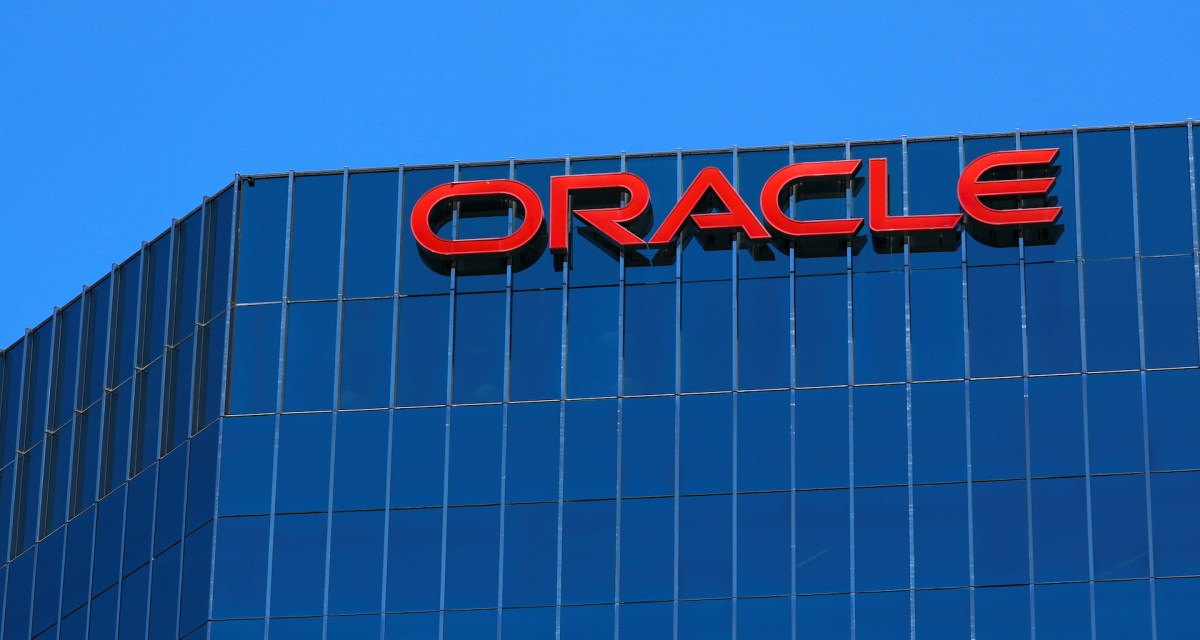Oracle continues JEDI protest after Microsoft award

Oracle will continue its efforts to derail the Pentagon’s Joint Enterprise Defense Infrastructure (JEDI) cloud acquisition after the contract was awarded to Microsoft late last month.
The company’s attorneys filed an opening brief in federal appeals court last week after losing a lawsuit in the Court of Federal Claims earlier this year. Oracle also lost a pre-award bid protest with the Government Accountability Office last November.
With the appeal, Oracle is renewing its yearslong campaign against JEDI‘s single-award approach and allegations of conflicts of interest between former Department of Defense officials and Amazon Web Services, a company that competed for the contract.
Oracle’s attorneys claim that the federal claims court “erred” in letting the acquisition move forward despite finding that DOD’s justification for using a single-award contract was “flawed.” The court ultimately denied Oracle’s lawsuit because the company wasn’t able to initially meet the contract’s stringent gate criteria, stopping it from submitting a full-on bid proposal for JEDI. Oracle said the gate criteria were prejudicial.
“COFC agreed that DoD’s single-award approach violated the law and that DOD might reissue the solicitation for multiple awards,” the brief says. “DOD, accordingly, wrongfully deprived Oracle of the opportunity to compete under a multiple-award solicitation — a prejudicial injury.”
In its determination, the court made “fatal legal and factual errors,” and used too strong of a standard for prejudice, the brief states. Really, all Oracle needed to show, it believes, is “non-trivial competitive injury which can be redressed by judicial relief.” Instead, Oracle feels the court held it to the standard for post-award protests, which requires a company to show “a substantial chance for award.”
The company continues its stance that a multi-award contract is the right path for JEDI, adding that the gate requirements that ended its bid could be different in such a scenario and that Oracle could meet those now, which it argues changes things.
“It matters not whether Oracle met [the gate criteria] as of proposal submission in October 2018,” Oracle’s brief says. “The relevant inquiry is whether the protester has a substantial chance of securing the award in the corrected competition, i.e., whether Oracle would meet the same standard under a revised multiple-award solicitation in 2019.”
There’s also the claims Oracle has made alleging conflicts of interest between DOD and AWS. But that argument gets much murkier now that AWS lost its bid for JEDI to Microsoft.
The federal claims court previously denied Oracle’s claim saying that even if those officials stepped out of line in their dealings with AWS, they were just “bit players” in the overall landscape of the acquisition and had “no impact on the integrity of the procurement.”
There’s still a chance AWS could protest JEDI post-award based on the evaluations of bids, but some say that might not be in the company’s best interest.






